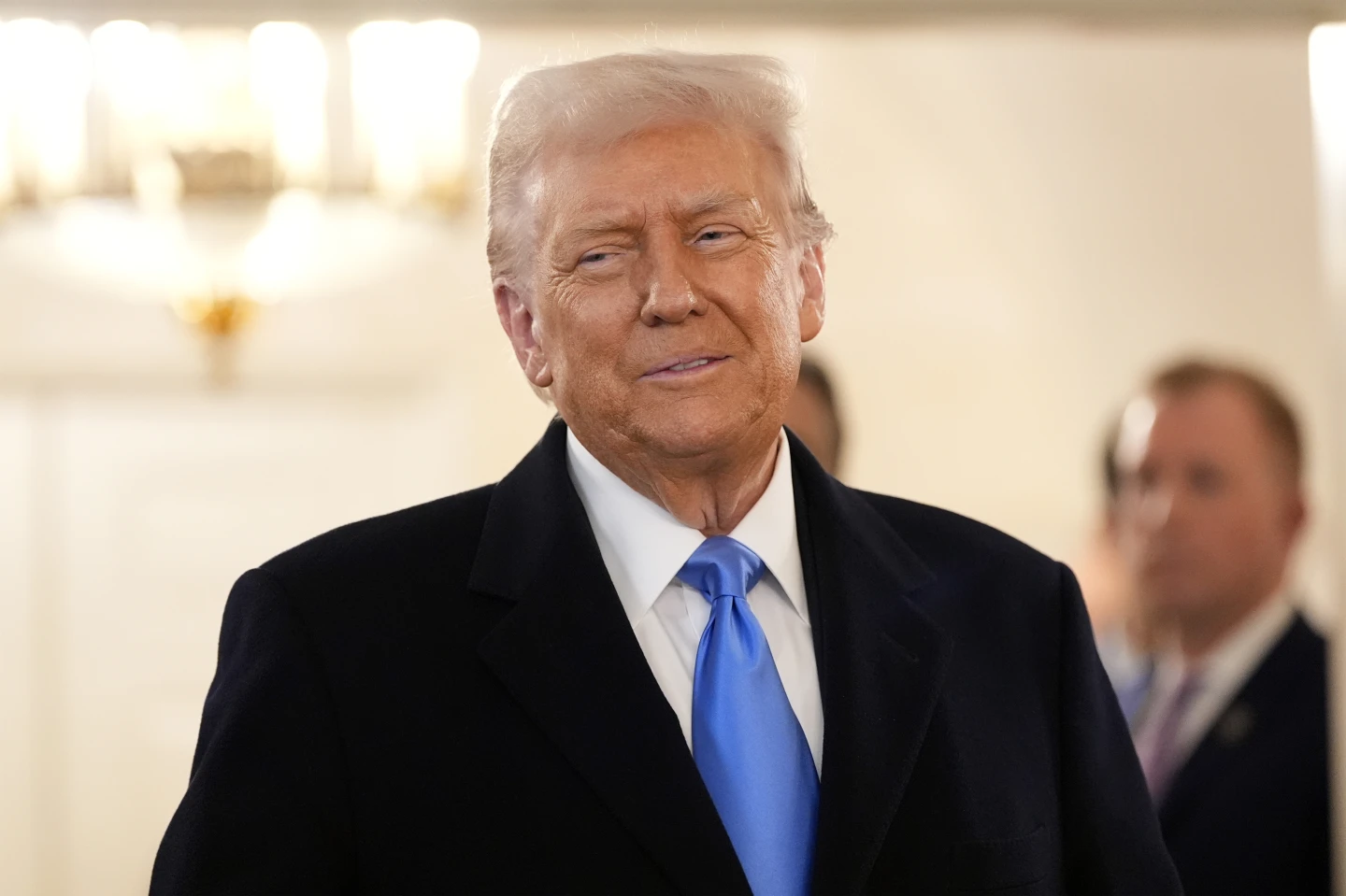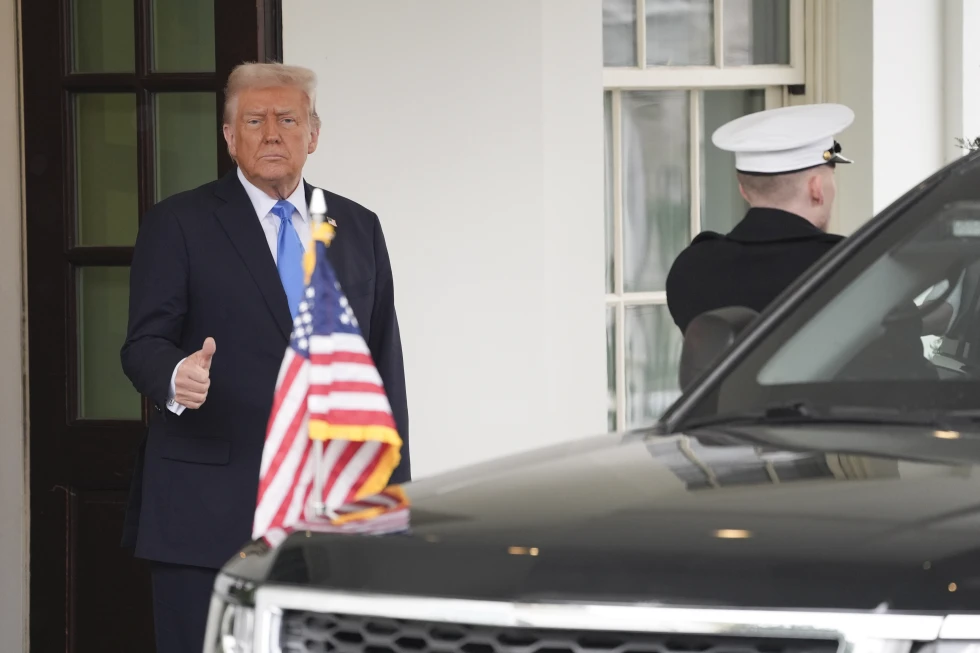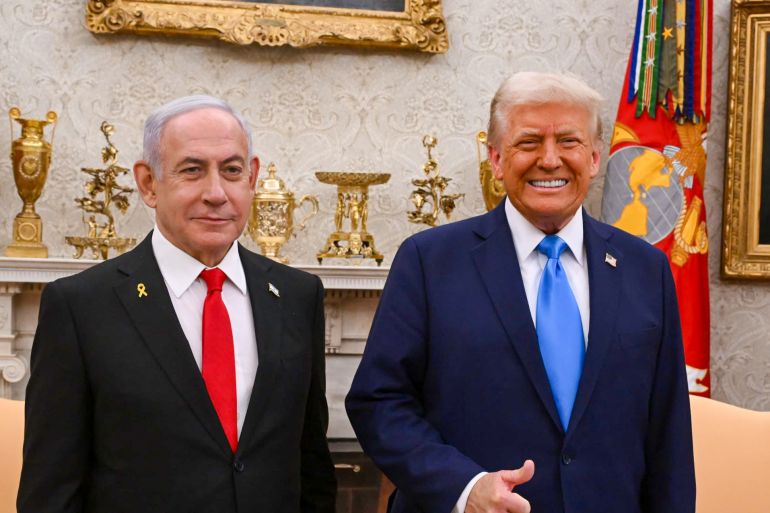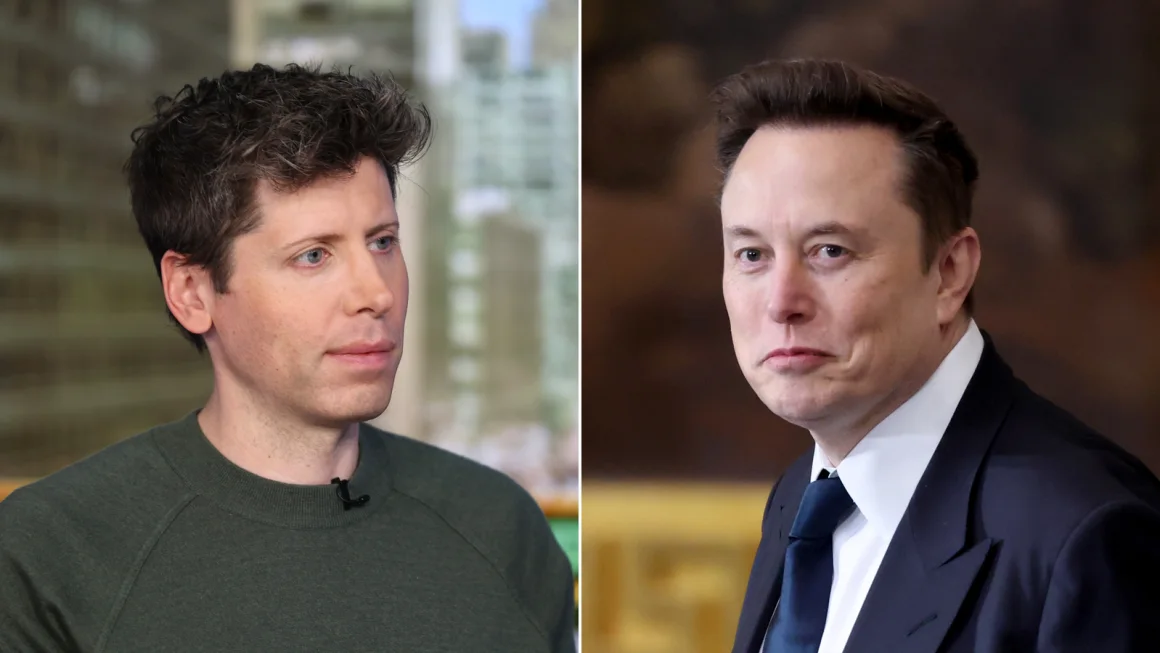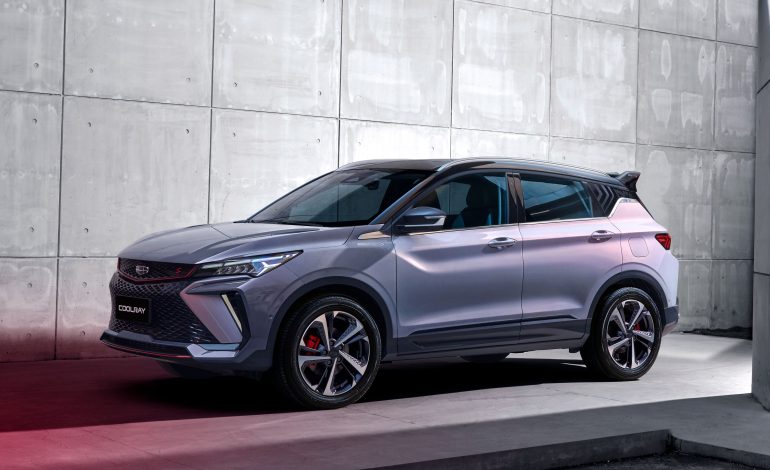China’s electric vehicle (EV) market saw robust sales in January, a period that traditionally experiences slower activity due to the Lunar New Year holiday, Bloomberg reports.
The surge was fueled by the government’s extension of trade-in subsidies aimed at encouraging consumers to switch to EVs and fuel-efficient vehicles. The cash-for-clunkers program offers rebates of up to 20,000 yuan ($2,760) for buyers who trade in older cars, bolstering demand during an otherwise quiet month.
Geely Automobile Holdings Ltd., a major player in Li Shufu’s automotive empire, recorded a 25% increase in sales, reaching a monthly record of 266,737 vehicles. Xpeng Inc. also posted remarkable results, overtaking US-listed competitors Nio Inc. and Li Auto Inc. for the first time in more than two years. Xpeng shipped 30,350 EVs in January, representing a 268% year-on-year increase, driven largely by its mass-market model Mona M03.
In comparison, Li Auto delivered 29,927 cars, while Nio recorded a more modest 13,863 vehicle sales. Industry leader BYD Co. maintained its top position by delivering over 296,000 vehicles in January, including a record 66,336 cars sold overseas. This strong performance persisted despite escalating trade tensions with the EU and the US, both of which have imposed tariffs on Chinese EVs.
Not all automakers shared in the success. Guangzhou Automobile Group Co.’s electric car brand Aion suffered a 42% decline in sales, while legacy automaker Great Wall Motor Co. saw a 22% drop in deliveries. These results highlight the increasingly competitive landscape within China’s EV sector.
